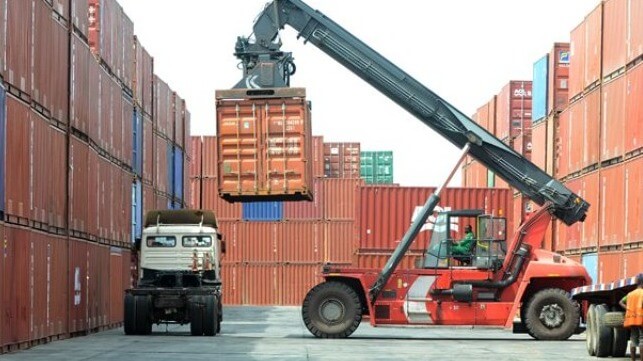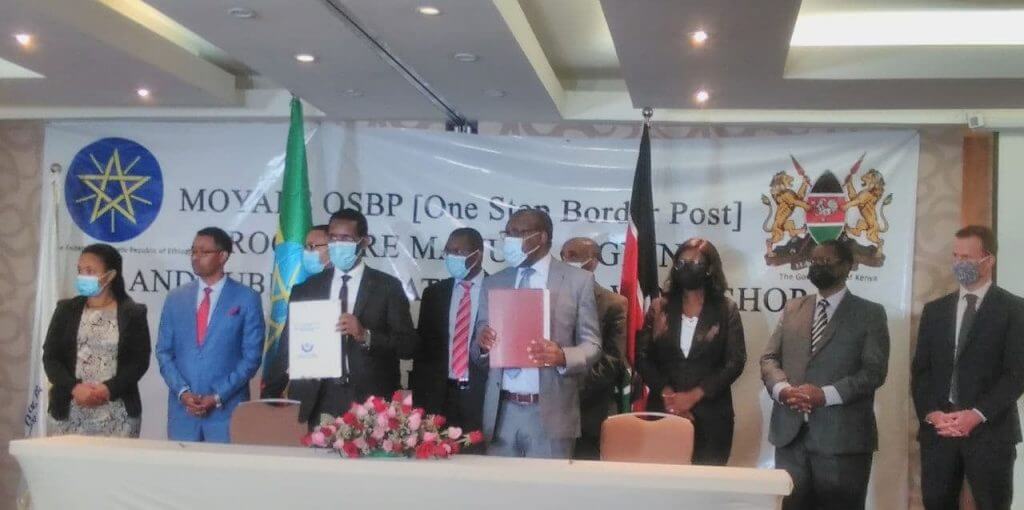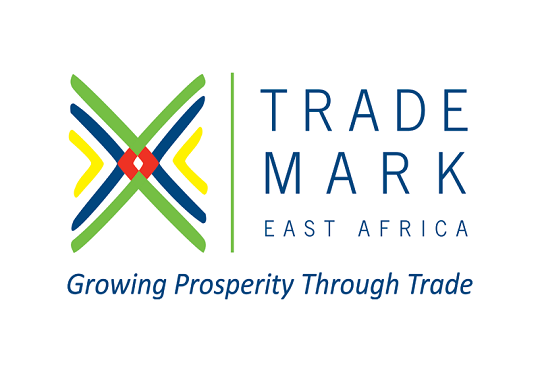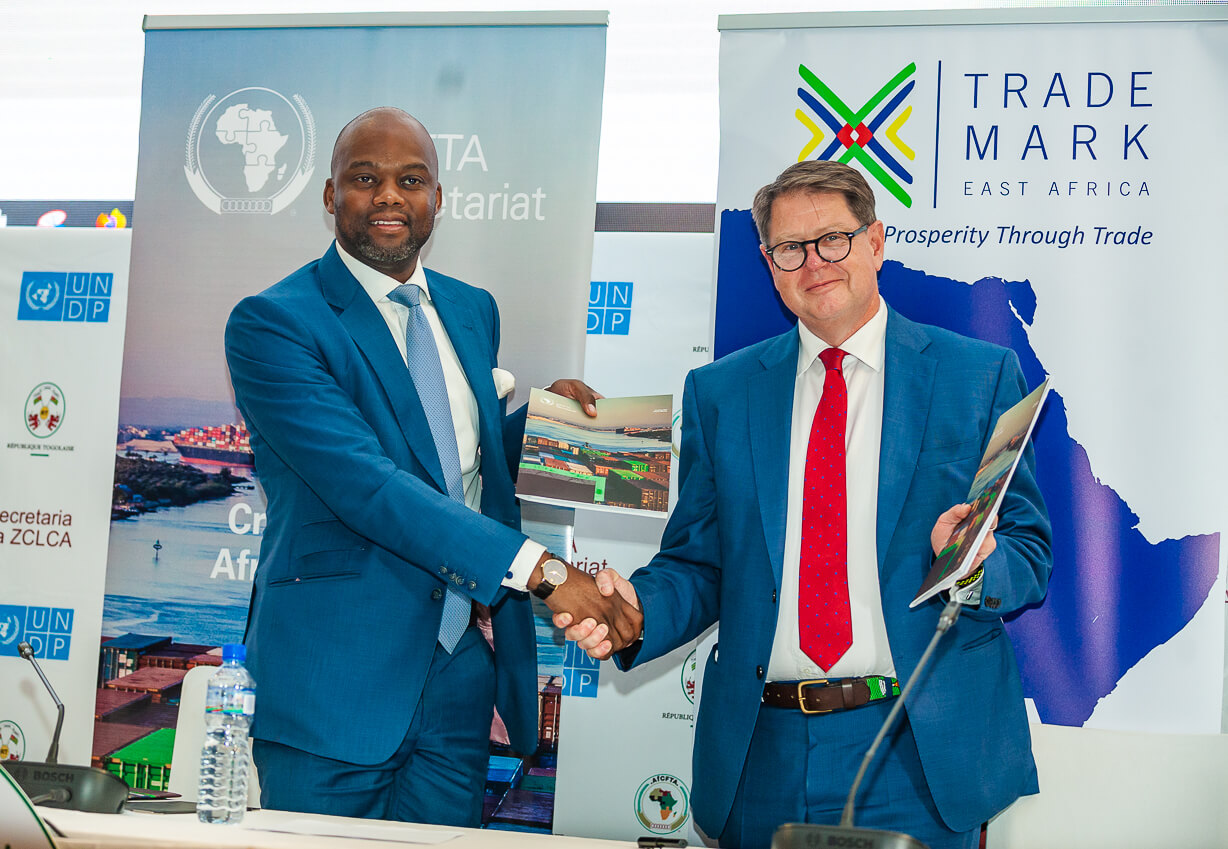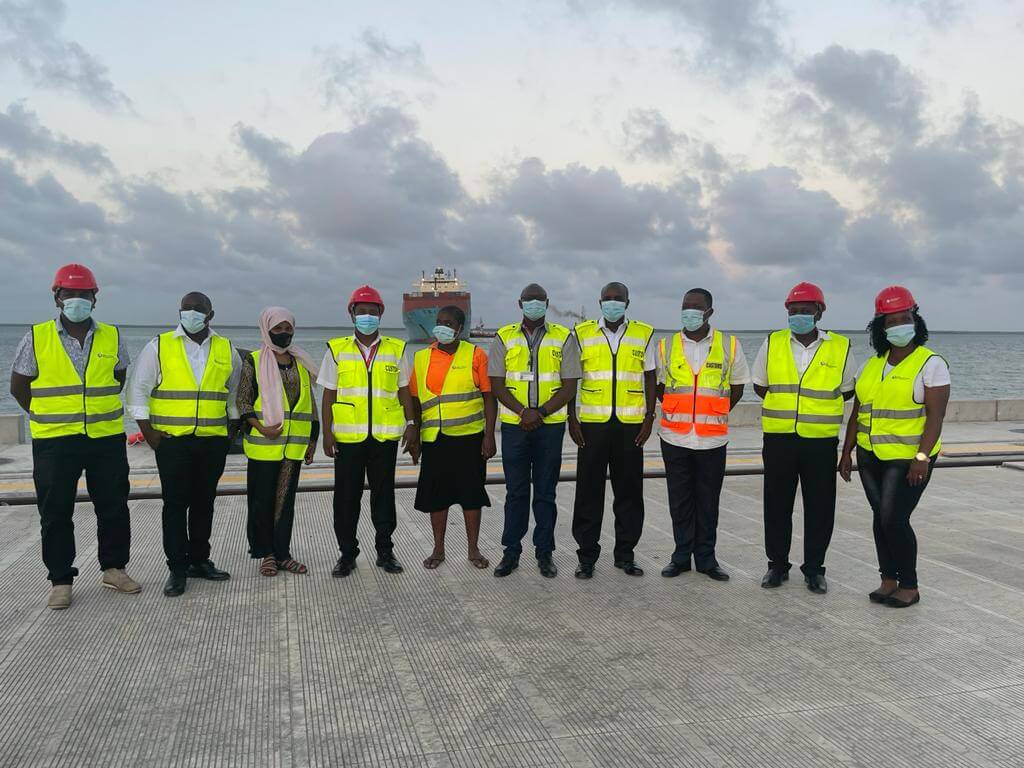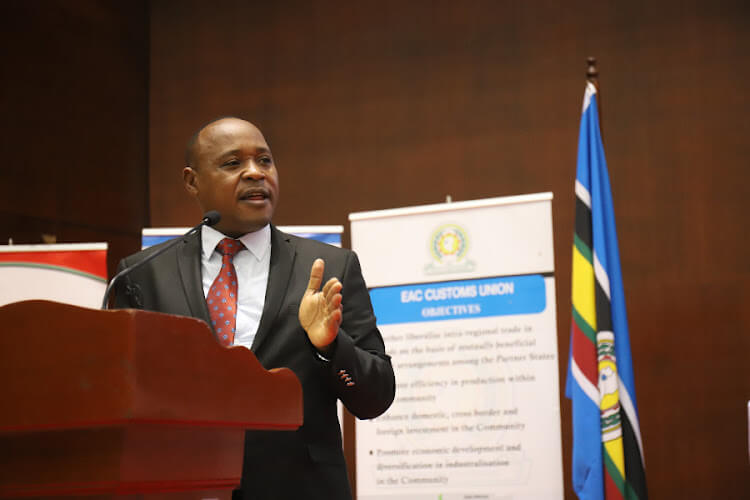ECA simulations stress that AfCFTA is set to boost Eastern Africa manufactured exports, in particular, textiles & clothing exports will increase by 100 per cent KIGALI, Rwanda, September 24, 2021/APO Group/ -- The business community is a key part of the African Continental Free Trade Area (AfCFTA) and could benefit immensely in terms of access to raw materials, technology and also increasing economies of scale for participation in regional and global value chains, said Ms Mama Keita, Director of UN Economic Commission for Africa, Office for Eastern Africa. Ms Keita was speaking during a webinar organized by ECA in collaboration with the East African Business Council (EABC) to discuss with the private sector of East Africa about the AfCFTA implementation in East Africa. The e-meeting participants exchanged views on how to harness the potential of the African markets and on how businesses can seize the moment to implement and benefit from the AfCFTA agreement. ECA simulations stress that AfCFTA is set to boost Eastern Africa manufactured exports, in particular, textiles & clothing exports will increase by 100 per cent, heavy manufacturing by 63 per cent, light manufacturing by 61percent, Processed food by 54 per cent while livestock & meat products by 39 per cent. In his presentation, Mr Rodgers Mukwaya, an Economic Affairs Officer at ECA said that the implementation of AfCFTA would increase intra-African Trade by over 50 per cent. The agreement would also boost the continent’s GDP by more than $40 billion, and its exports by more than...
The Private sector of East Africa is well placed to benefit from the AfCFTA
Posted on: September 27, 2021
Posted on: September 27, 2021



